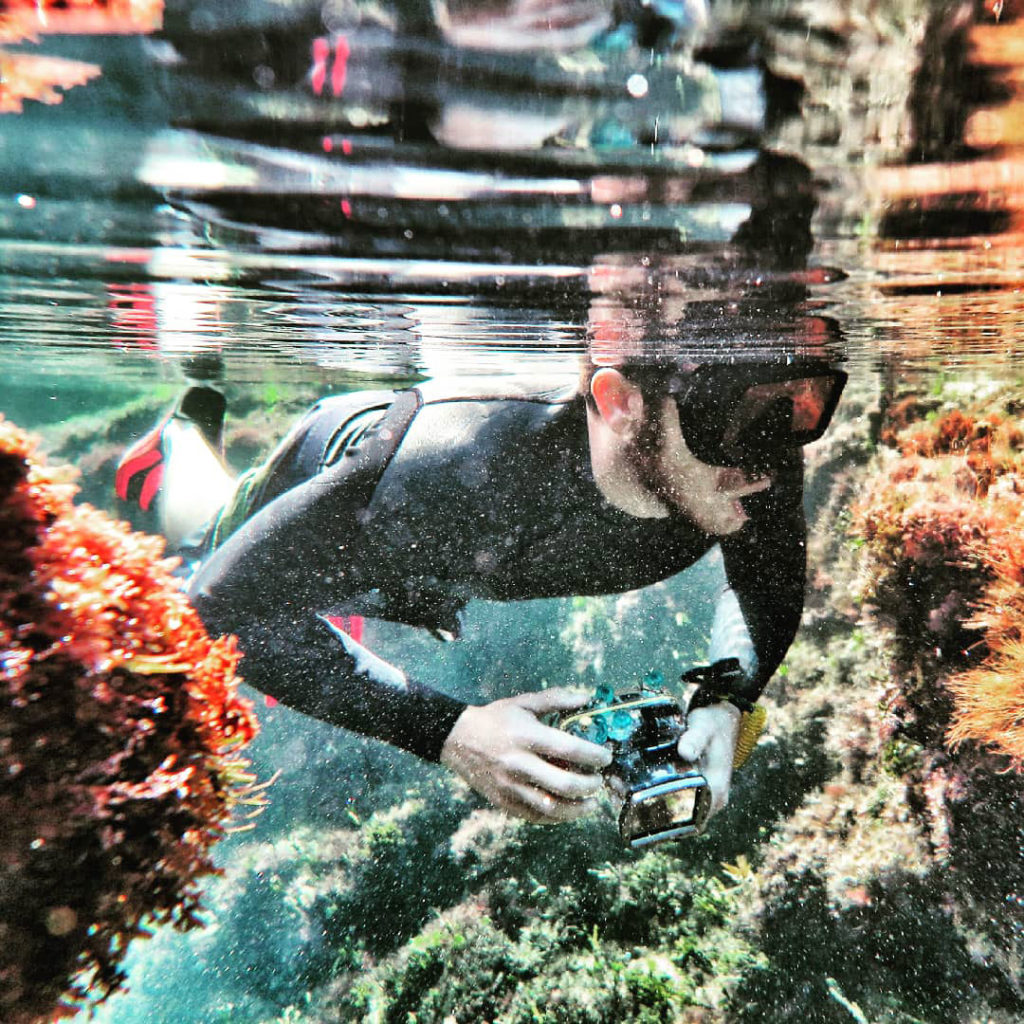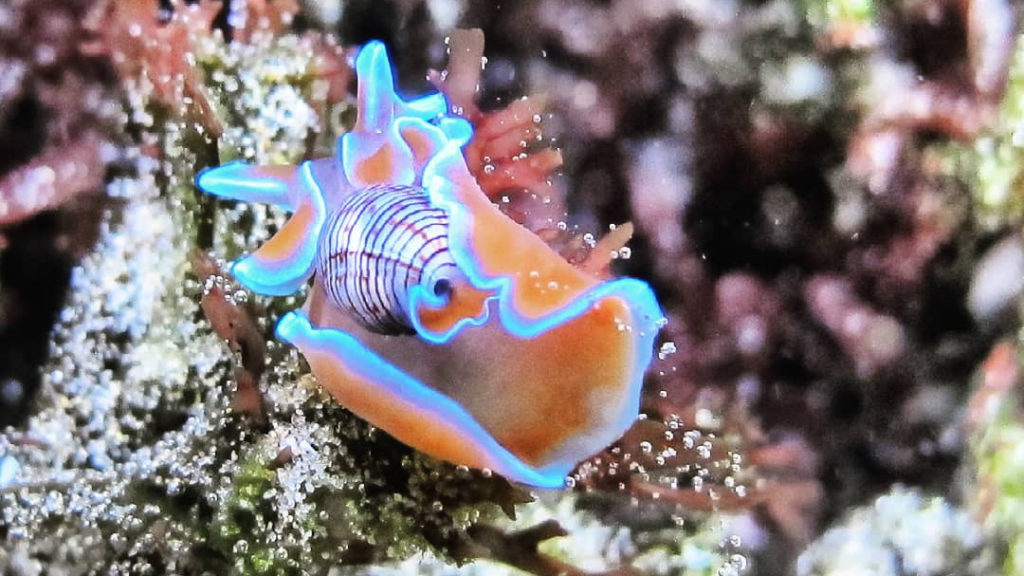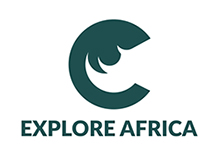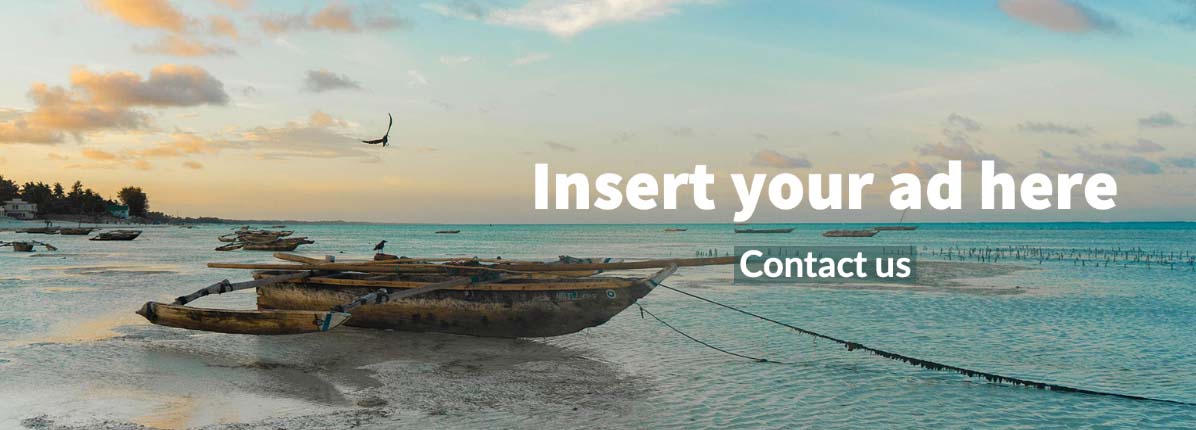Micro photos that exhibit the beauty of small molluscs, images of intriguing underwater landscapes and snapshots of wild coastlines: the Instagram feed of Argonaut Science makes you want to go out. And that is exactly what they are aiming for. “Science and exploration belong to everyone,” states their bio. The Durban-based company offers field trips with scientists Dr. Nelson Miranda and Dr. Nasreen Peer.

Explore life on the coast and in the mangroves
The researchers are specialized in invertebrate ecology. Nasreen teaches at Stellenbosch University, department of Botany & Zoology. Nelson works as a research associate at Nelson Mandela University and Rhodes University and as an associate editor at the Journal of Zoology. With Argonaut Science they take you out for an adventure – exploring life on the coast and in the mangroves.
“We hope to engage with people that use social media and smartphone applications, and connect them to the natural world, other people and scientific discovery in southern Africa,” says Nasreen. “Dr Nelson Miranda researches estuary ecosystems and alien invasive species of snails and I research mangrove ecosystems.”
As scientists, we have specialized in the study of often small, invisible and unknown things that are actually the essence of life
Dr. Nasreen Peer
“As scientists, we have specialized in the study of often small, invisible and unknown things that are actually the essence of life. With Argonaut Science, we want to explore alternative ways to connect people and contribute to the development of African science, through independent business initiatives involving ecotourism, specialist consulting and science education.”

Challenges in ocean conservation
“In South Africa there are often clashes between conservation and local communities who depend on coastal habitats. We are working hard to find socially- and ecologically-sustainable conservation solutions so that everyone is on the same page and supports each other.”
Plastic Soup
“Globally, marine trash is a huge challenge. We have been fortunate enough to visit some extremely remote beaches and, even in the furthest corners of the planet, we find trash washed up from other parts of the globe. How do we control a problem locally when the source is global? This involves a cosmopolitan mind shift and I think is one of the biggest challenges we face as a community.”
Overfishing
“Lastly, commercial overfishing to supply a global demand is highly unsustainable and non-selective. The fish we buy in boxes from a supermarket is probably not even correctly labelled. Educating the consumer and encouraging people to buy seafood from local, sustainable sources is another huge challenge we face in the conservation field.”
TIP | Discover the biggest struggles in great white shark conservancy and why you should(n’t) go white shark cage diving too.
How to make a difference as a tourist
How can you make a difference – as a tourist? “Be responsible consumers and vote with your wallet. You can help by supporting local small businesses and make choices in line with the principles of sustainability and “zero waste”. Be vocal about your perceptions but also be open minded – you are welcomed guests, so really listen to local people. Learning is much more than a two way street between an apparently poor and an apparently rich neighbourhood.”
“Lack of education is an issue, but it’d really help when you say no to “parachute science”. Parachute science is the term for when foreign researchers visit developing countries to collect data, often prioritising work for their own projects and interests, traveling as tourists without properly following local regulations, and then leaving without making sustainable investments or training local people.”
“Do not take agency away from local people by volunteering to do a job which local people can do and earn an income from. Stay critical of your own role in the world – don’t assume that your best deeds have no harmful side-effects. Learn more about what small businesses and local people are doing to address the issues from the bottom up – you may be surprised about what you find each and every day!”
Argonaut Science is based in Durban, South Africa. Follow them on Facebook for more information about future excursions or on Instagram @argonautscience.


Recent Comments